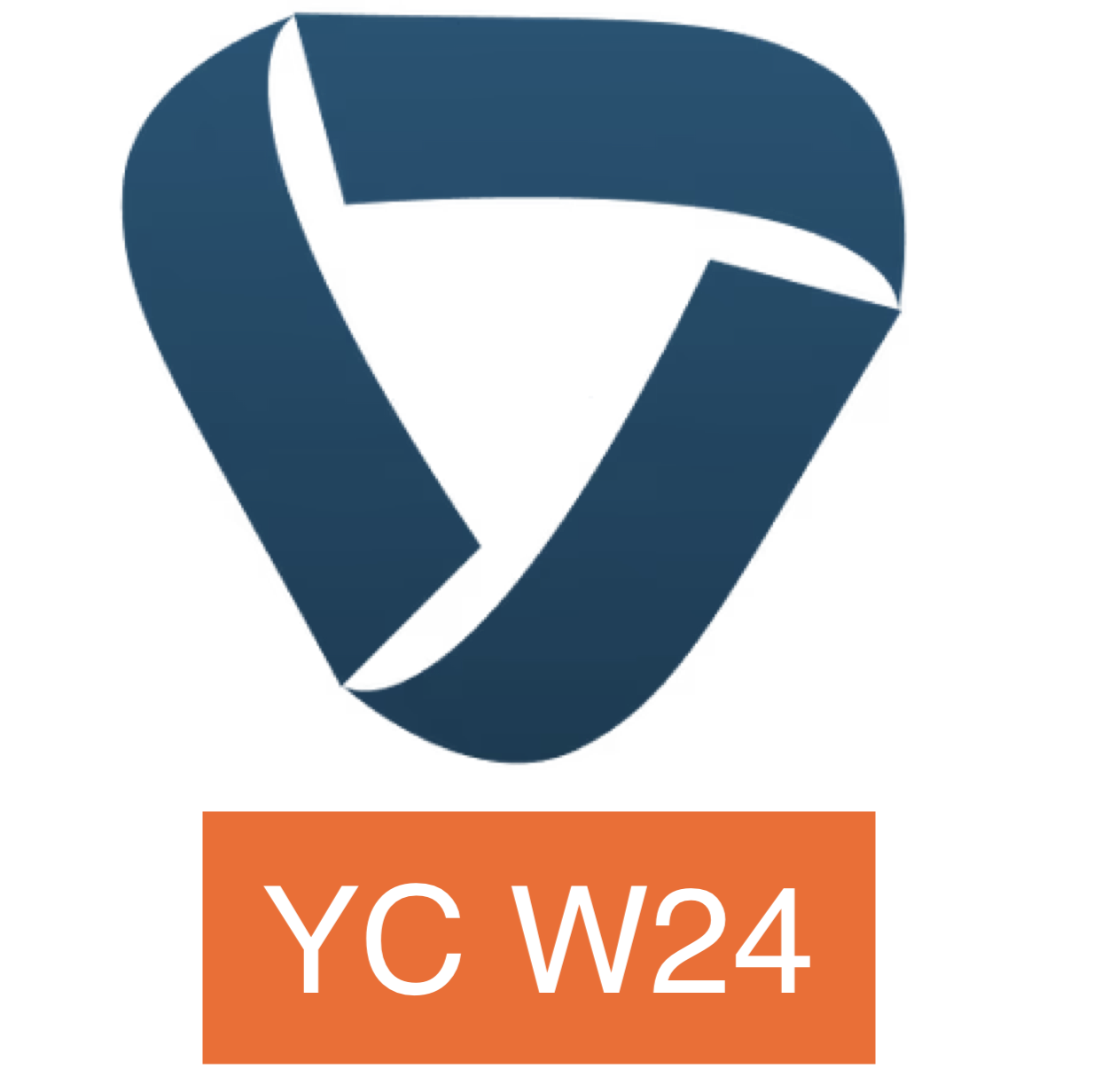Inside the Startup Journey: Interview with Hunter Brooks, Co-Founder & CEO of Ellipsis
The startup landscape is full of challenges and triumphs, and few understand this better than Hunter Brooks, co-founder and CEO of Ellipsis, a YC backed AI-powered developer tool that reviews code and fixes bugs. I had the chance to sit down with Hunter to explore Ellipsis’s journey from concept to product, the hurdles they faced, and the lessons they’ve learned along the way.
Building the Vision: From Self-Taught Developer to Startup Founder
Hunter’s path to founding Ellipsis was an unconventional one. A self-taught developer, he found himself in a high-stakes interview at Amazon Web Services without a formal computer science background. Reflecting on that experience, he realized there was an opportunity to reimagine technical assessments.
“I found myself in an AWS interview when my computer science background—aka my non-existent background—was being tested,” he shared, noting that while he eventually landed the job, the process was far from ideal.
This experience sparked the idea for an interview tool that would allow candidates to work in familiar environments and highlight real-world skills rather than rote memorization of algorithms. By 2019, Brooks had created a tool that generated customized code bases based on a candidate’s resume, allowing hiring managers to assess candidates through practical exercises. However, as he developed the tool, he noticed an even bigger opportunity.
“When I was building the LLM system to generate the code bases at the time, they couldn't reliably generate... but they could interpret code bases really well. And so... I realized that the LLMs could be used for bug fixes much better than just like building a code base from scratch.”
This realization led to the creation of Ellipsis, a GitHub-integrated tool focused on code review and bug fixes.
Ellipsis’s Unique Approach: The Promise of Tested, Working Code
While there are many developer tools on the market, Ellipsis stands out by providing thoroughly tested, functional code—an essential factor for developers. Brooks explained the core difference between Ellipsis and tools like GitHub Copilot, emphasizing that Ellipsis doesn’t simply auto-complete code.
“Ellipsis’s promise is that we return working, tested code to our customer... we actually compile and run the unit test and run the linter of the lines of code that Ellipsis writes. It’s not at all like a GitHub copilot automatic completion thing.”
Instead, Ellipsis reviews pull requests, identifies issues, and proposes solutions in a way that resembles the contributions of a contractor rather than a simple AI tool. This meticulous process takes a few minutes longer but ensures that the code meets high standards.
Evolving Challenges as the Startup Grows
Navigating the startup world often means facing unique challenges at different stages. For Ellipsis, the early days were marked by uncertainty as they explored how the product should function and appeal to developers.
“In the early days, we put out developer experiences that weren’t necessarily familiar to developers, and today we don’t have that problem. Instead, our problems are around improving the quality of our product.”
As Ellipsis has matured, the team’s focus has shifted from open-ended questions to fine-tuning specific user flows based on customer feedback.
“Today, the type of questions that we ask our customers are like, ‘What type of things does our product do that you want it to be better at?’ Or, ‘Where are the shortcomings today?’”
Building a Strong Feedback Loop
One of the most significant factors in Ellipsis’s development has been the strong feedback loop they’ve established with their users. Brooks explained that creating something users are passionate about has been crucial to getting real, actionable feedback.
“The power users will get excited about giving you feedback, and you [can] immediately email them and say, ‘That's a great idea; I'm going to ship that today.’”
He emphasized the importance of fast cycle times, encouraging founders to quickly implement customer feedback to keep momentum high.
“If you don’t have a lot of interactions with your initial customers that feel like that... then you’re probably not awesome. You want to solve a problem that people will, like, put down the rest of their life and talk to you about.”
Balancing Advice and Customer Insight
When asked about the role of mentors and advisors in the early days, Brooks offered an interesting perspective. While many founders turn to external voices for guidance, he stressed the value of firsthand customer feedback.
“In the early days, your job is to go find a problem that people are willing to pay to have solved... an advisor can't give you that because they don’t have that problem.”
Brooks emphasized that while mentors can be valuable, a founder’s understanding of the customer’s problem and willingness to iterate quickly can’t be substituted.
Building the Right Team for the Journey
For any startup, a strong, aligned team is essential. Brooks highlighted the importance of shared values and adaptability within a startup environment, where each team member is learning and evolving.
“The team and the character and the values of the people that you interact with is actually more important than their initial starting point, their initial skills.”
Building a team that shares a commitment to Ellipsis’s goals has allowed them to make tough decisions, such as prioritizing long-term value over short-term gain by “firing” customers who may not align with the product’s direction.
Advice for Student Entrepreneurs
For students hoping to enter the world of startups, Brooks offered practical advice on building skills and getting involved, even without access to the resources of elite programs.
“We live in a world where it has never been easier to acquire knowledge... you just have to work really hard at it and use the internet quite a bit.”
Brooks, who taught himself to code, encouraged students to go beyond merely talking about their ambitions by actively building projects and gaining hands-on experience. He added, “Go be in the arena, build things, talk to customers... ask people crazy questions like, ‘Do you want to buy this? How much are you willing to pay?’”
Looking Forward
As Ellipsis continues to grow, Brooks remains focused on enhancing the product’s quality and expanding its capabilities. Through this interview, it’s clear that Ellipsis is more than just a code-review tool; it’s a testament to the power of staying close to customers, continuously iterating, and maintaining a relentless focus on delivering value.



